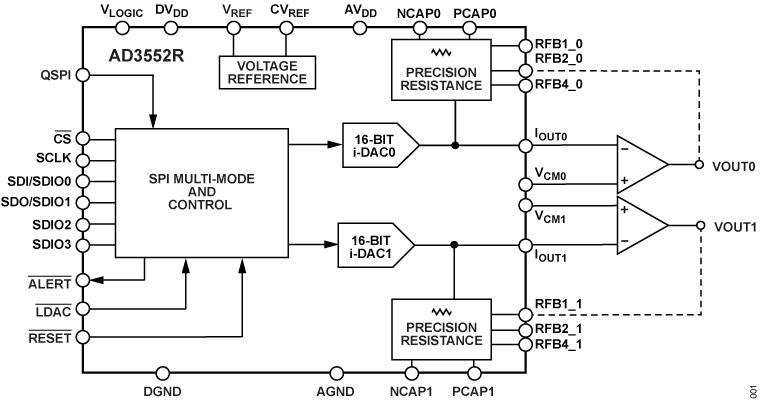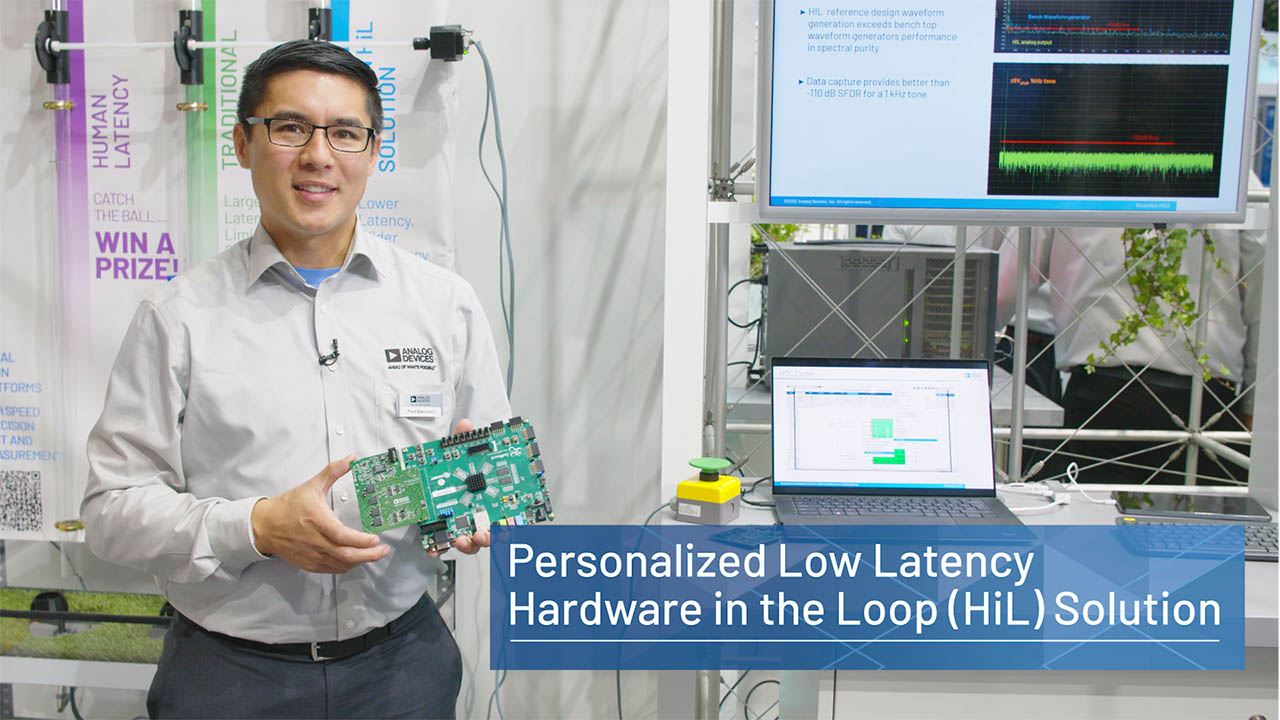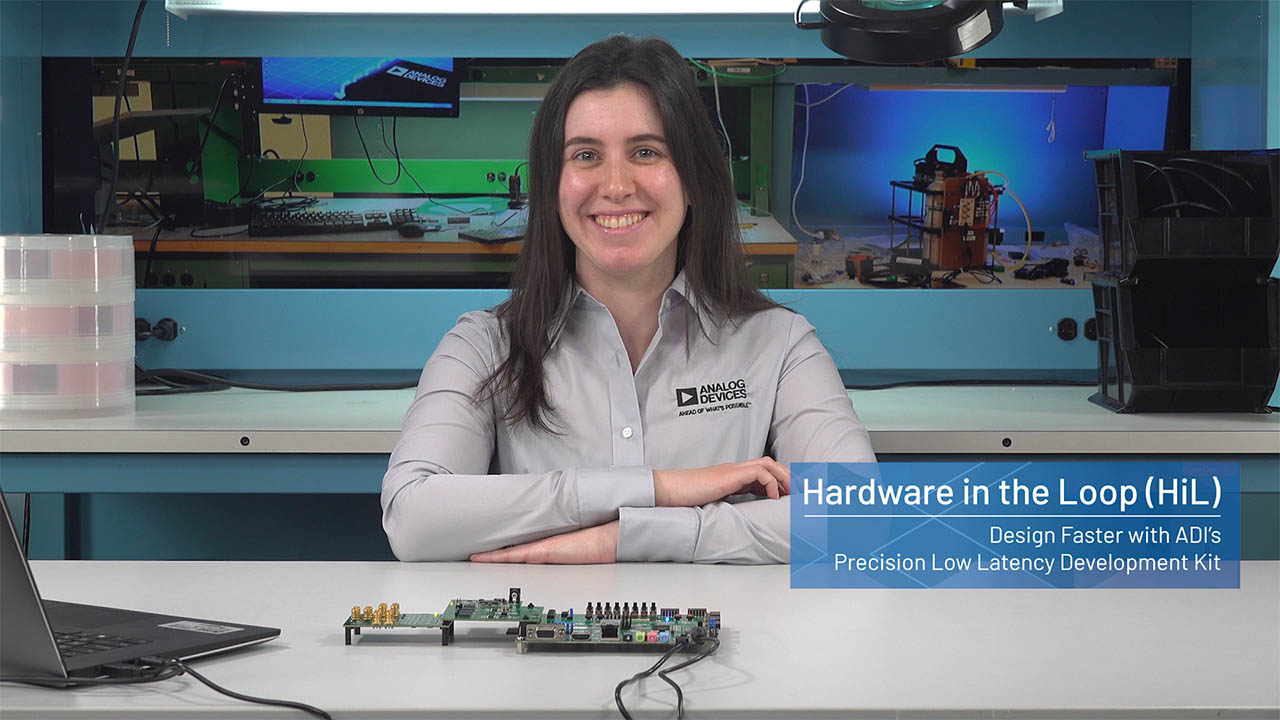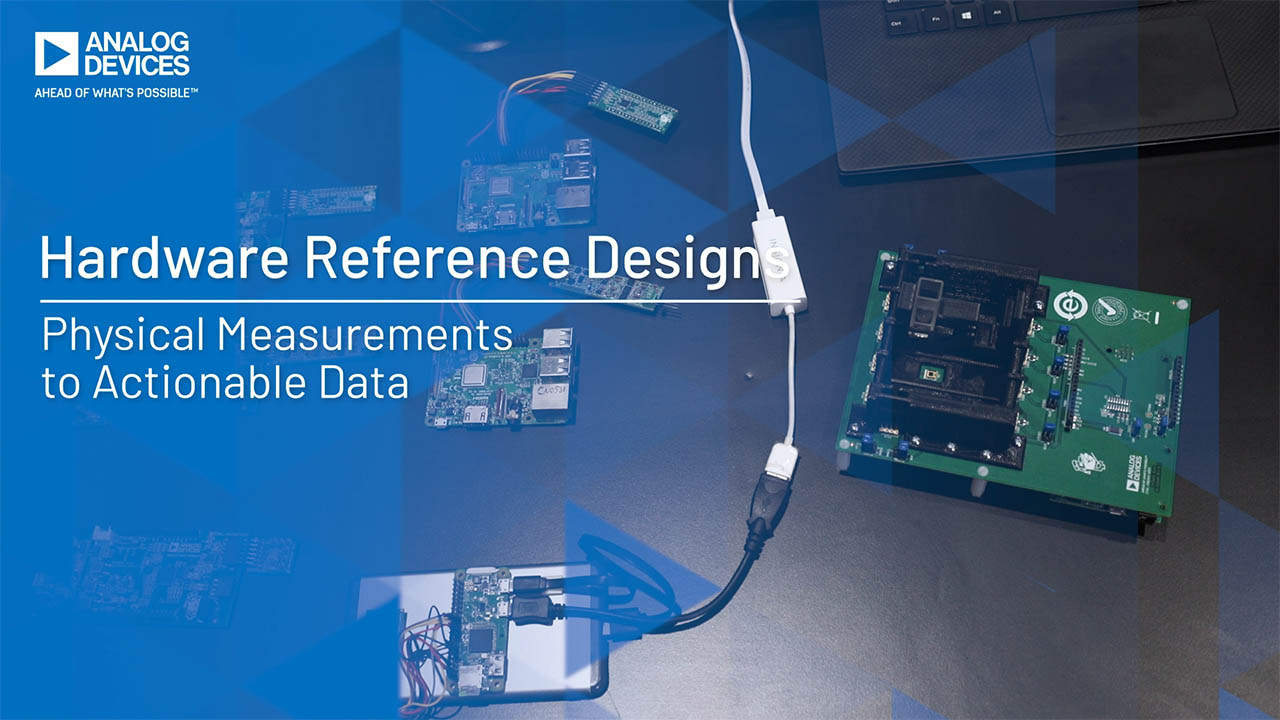
Hardware-in-the-Loop (HIL) / Digital Twin Solutions
A digital twin is a fully virtual representation of a real-world physical system. It can be used to model, simulate, optimize, and design at scales that would be impractical using a standard design>prototype>test>iterate approach. Digital twins can span a wide gamut, from small things such as integrated circuits, molecules, or chemical compounds to large systems such aircrafts, factories, or even the human body. They can help reduce costs, accelerate development cycles, or enable optimization of the overall system.
The digital twin method is suitable for a wide range of applications, including instrumentation and measurement, automotive, industrial, and energy. A digital twin can be utilized with a technique called Hardware-in-the-Loop (HIL). A HIL simulator uses hardware and software to emulate a complex system and allows a real-time interface to validate the device under test. This technique is used for testing complex real-time systems, such as electronic control units (ECUs), power steering systems, suspension systems, battery management systems or any other vehicle subsystems.
Value and Benefits
Analog Devices’ broad portfolio of signal conditioning, data acquisition, signal generation, and isolation enables optimized solutions for HIL simulators. Measuring or generating a wide range of inputs signals either in the form of voltages or currents while maintaining very low latency is a key requirement. Whether the system requirements call for lower power, lower noise, high density, or high accuracy, we have a complete signal chain solution.


Maintains very low latency without sacrificing precision


Offers low noise and high-resolution data acquisition and signal generation


Enables high density and flexible signal chains for high channel count or compact applications
Featured Products
Key Resources
Rarely Asked Questions
Informational
Design Tools



Files and Downloads
Solutions Bulletin & Brochure

High Speed Signal Chain Selection Guide
6.81 M
{{modalTitle}}
{{modalDescription}}
{{dropdownTitle}}
- {{defaultSelectedText}} {{#each projectNames}}
- {{name}} {{/each}} {{#if newProjectText}}
-
{{newProjectText}}
{{/if}}
{{newProjectTitle}}
{{projectNameErrorText}}

















